Organizers
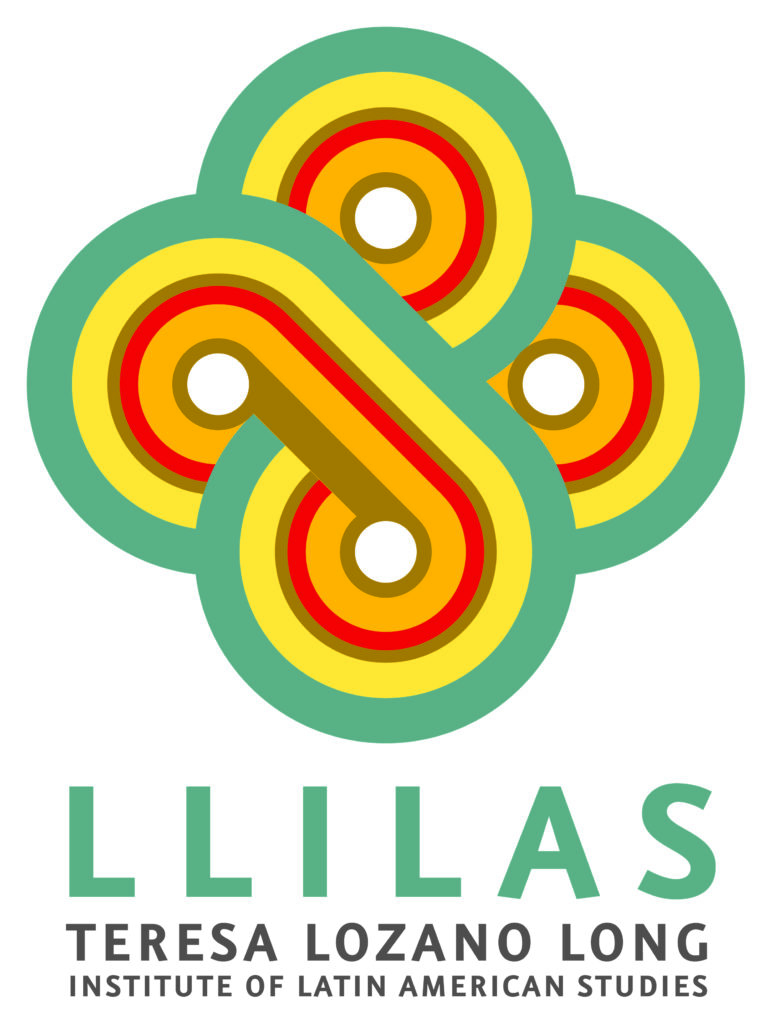
Teresa Lozano Long Institute of Latin American Studies (LLILAS) — The foremost center of Latin American Studies in the United States, LLILAS offers bachelor’s, master’s, and doctoral degrees; and promotes interdisciplinary research about Latin America and the Caribbean, as well as socially engaged scholarship and horizontal collaborations with scholars, students, and communities in the region.
Co-Sponsors

The Center for Latin American Visual Studies, CLAVIS, is a hub for the advanced study of modern and contemporary art and visual culture from the Americas. Focusing on research and the training of emerging scholars, it is a space for the creation of original art historical knowledge through intellectual rigor and collaboration across disciplinary and geographic boundaries.

The College of Fine Arts is a home for artists, performers, designers, scholars, educators, makers, and creatives ready to change the world.
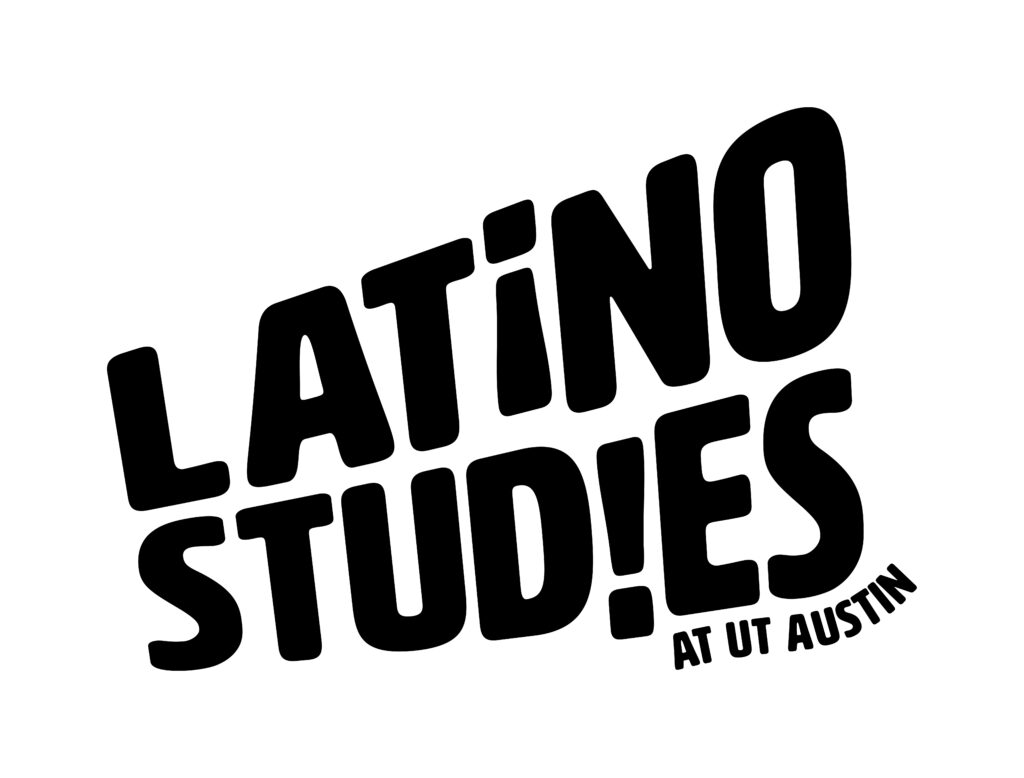
Latino Studies at UT Austin is a center for Latinx thought and advocacy encompassing three units—the historic Center for Mexican American Studies, the interdisciplinary Department of Mexican American and Latina/o Studies, and the Latino Research Institute, which supports the cultivation of future leaders through its educational programs and research. As a whole, Latino Studies is committed to the empowerment of students, scholars, and communities for the purpose of realizing a just and affirmative future for all.

Founded in 2017, LGBTQ Studies is a program of the Department of Women’s, Gender and Sexuality Studies whose mission is to support teaching and learning about LGBTQ+ people and issues.

The LLILAS Mexico Center, founded in 1980, is one of the foremost centers for the study of Mexico in the United States, promoting the advancement of Mexican studies at UT Austin through research, scholarly exchange, and collaborations with researchers at Mexico’s leading institutions.
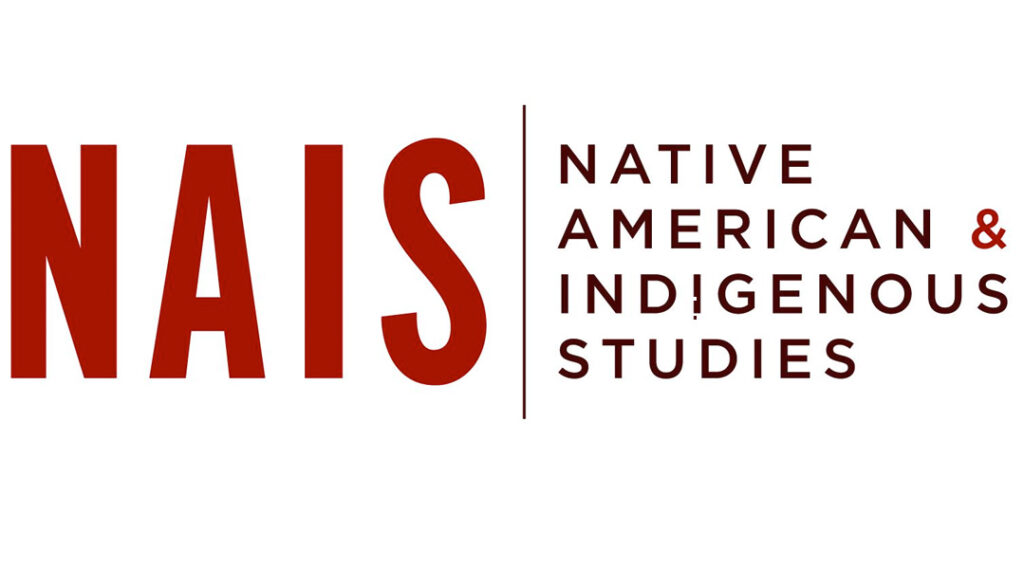
The Native American and Indigenous Studies Program supports teaching and research on the languages, cultures, knowledges, and histories of Native American and/or Indigenous tribes, peoples, societies, and communities.

The Bernard and Audre Rapoport Center for Human Rights and Justice, within the UT School of Law, serves as a focal point for critical, interdisciplinary analysis and practice of human rights and social justice.
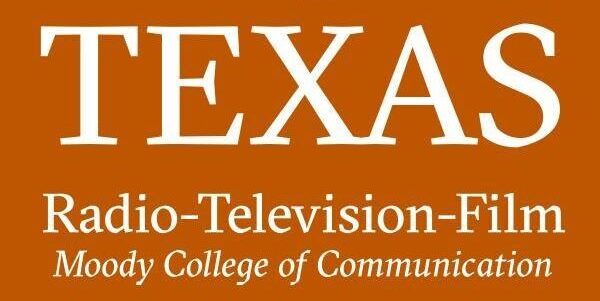
The Department of Radio-Television-Film is one of the few top-ranking U.S. media programs to offer degrees in both practical and theoretical areas, incorporating courses in both the humanities and social sciences, and preparing students to succeed in a wide range of careers.
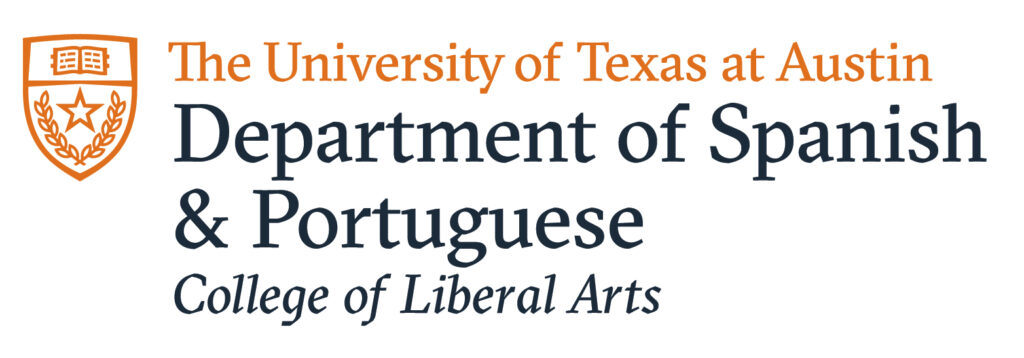
The Department of Spanish and Portuguese is committed to fomenting a deep and complex understanding of the heterogenous cultures researched and taught by its faculty, from their earliest inceptions on the Iberian Peninsula and in the Americas, to their most current linguistic and cultural manifestations in Europe, Africa, and the Americas.

The Department of Theatre and Dance serves as the ultimate creative incubator for the next generation of artists, thinkers, and leaders in theatre and performance. Founded in 1938, the department was the first university theatre program in the state of Texas.

The Department of Women’s, Gender, and Sexuality Studies is the home for intersectional feminist and queer studies research, teaching, and learning on the UT campus. Areas of strength include Black Feminisms, Disability Studies and Feminist Health Studies; LGBTQ Studies; and Transnational Feminisms. The department houses the Center for Women’s and Gender Studies and the LGBTQ Studies Program, two centers for research and programming that bring together faculty affiliates from across campus.


